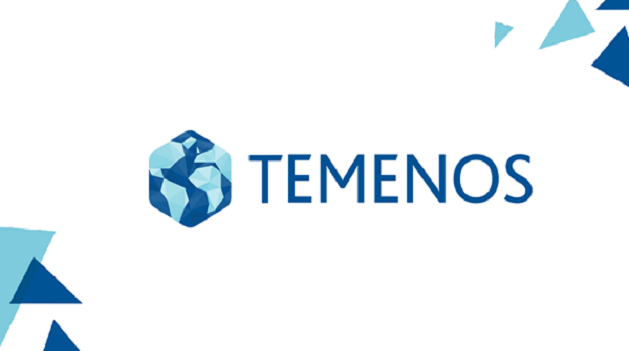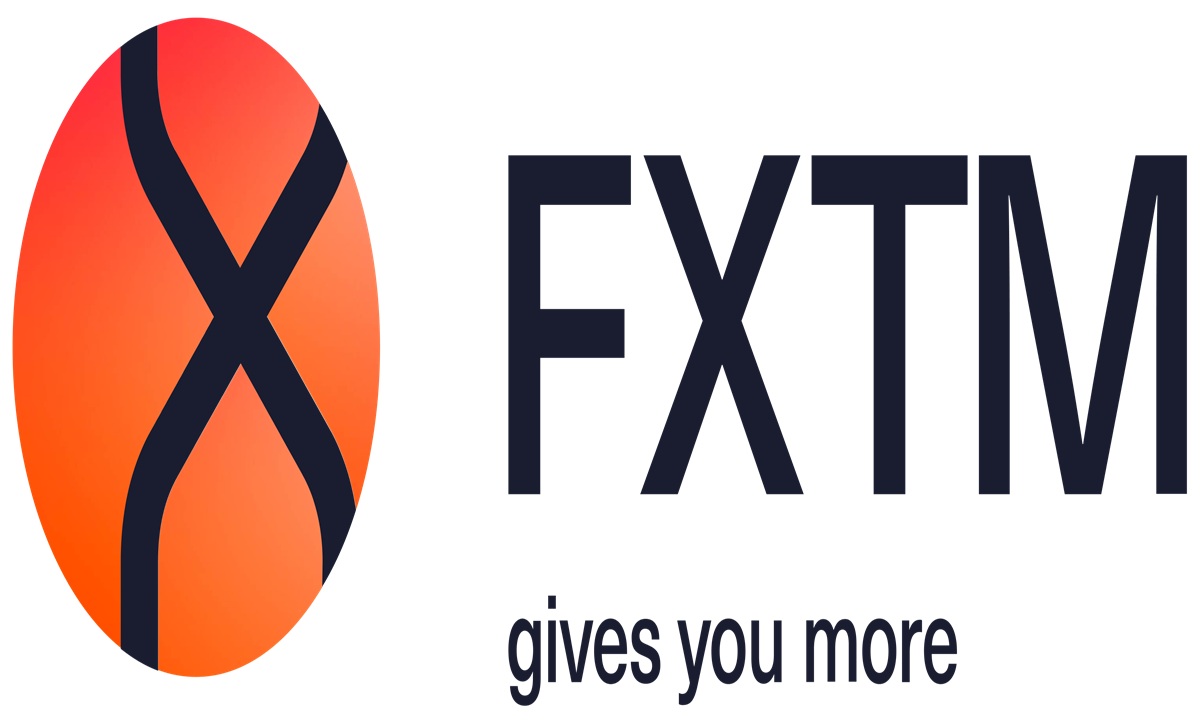E-Financial
Temenos Digital Leaders Summit Series Explores the Next Evolution of Banking in Africa

Changing consumer expectations, technological advancements, and regulatory reforms have seen digital transformation become an integral part of the modern banking industry.

Global banking software provider, Temenos, hosted an exclusive Southern Africa Digital Leaders Summit in Sandton on 14 November 2023 to discuss how the banking industry in the region needs to respond to these rapid and evolving changes for sustained success.
The Summit agenda was directed by findings from a recent Economist Impact report for Temenos which found that new technologies will have the most significant impact on banks over the next five years – more than customer demands and evolving regulation – and that unlocking value from artificial intelligence (AI) and generative AI has been identified as a key differentiator.
One-in-five banks globally see their business models evolving over the next 12-24 months towards offering banking-as-a-service to brands and fintechs, while nearly twice as many banks envision acting as a true digital ecosystem themselves.
Customer centricity is also driving banks to offer more embedded ESG propositions, while the focus on lowering their carbon footprint, as well as the increasing use of data-intensive AI, has prompted half of the world’s banks to expect these activities will inevitably lead them to move to the public cloud and do away with owning any private data centres.
The Africa Digital Leaders Summit has been a series of regional events hosted by Temenos to engage with banking institutions and industry players across the continent and promote open dialogue on how global trends are influencing local banking industries.
The Southern Africa leg of the Summit series consisted of thought-provoking discussions, interactive panels, and live demonstrations led by seasoned experts from Temenos alongside industry leaders from BankservAfrica, Nedbank, Liberty Group South Africa, Bidvest Bank Limited, Standard Bank Group, Tyme Bank, Barko Financial Services, EY and Microsoft.
The half-day session topics included banking trends and navigating the modernisation journey; enhancing the customer experience through smart, personalised digital banking and seamless payments; wealth management opportunities, and more.
“Banks across the region are increasingly adopting digital technologies to enhance customer experiences, streamline operations, and offer innovative financial products and services.
“The Summit saw the coming together of visionaries and innovators who are leading the charge for digital change in banking in Southern Africa. The next wave of banking trends that are already in motion and shaping the industry were discussed – setting the stage to redefine the future of banking across the region,” said William Moroney, Managing Director – Middle East & Africa, Temenos.
The keynote presentation from Sean Berrington, Partner – Technology, Consulting at EY highlighted the shift to digital as a universal imperative for banks on the continent. In this environment, banks require a platform that helps them build for change while still delivering a broad set of banking capabilities across multiple segments.
With the shift to digital being more important than ever, it has become a business imperative for banks to change if they are to remain relevant against rapidly growing fintech startups.
“Banks are aware that they need to transform to survive. Our research shows that two-thirds of global banking executives considered their organisation’s ability to transform as ‘extremely important’ for their future survival – and this expectation is mirrored in Africa,” said Berrington. “There is also a clear need for banks to change in ways that drive accessibility, affordability, and trust when it comes to payment mechanisms in Africa.”
Tielman Walters, Chief Technology & Information Officer at Barko Financial Services, a Temenos customer, also spoke at the Summit and stressed the crucial role that technology has played in assisting it in transitioning from a microfinance institution to become a new potential mutual bank with a wider range of digital services.
“To achieve our growth objectives, we needed a much more advanced and scalable back-end platform, which would enable us to develop and launch new banking services quickly. Temenos provides us with a platform to deal with any spikes in business volumes without any problems. Using the resources available in the Temenos Learning Community, we have also developed an extensive knowledge base on the solutions as we continue on our journey,” said Walters.
The Southern Africa event forms part of Temenos’ pan-Africa Digital Leaders Summit roadshow, which has already been East and West earlier this year and next will travel to Morocco on 28th November 2023, to explore the impact of these themes and trends on the Northern Africa banking industry.
Temenos consistently tops the IBS Intelligence Sales League Table for digital and core banking. Temenos also ranked #1 in Regional Sales Awards for the Middle East and Africa in the most recent IBSi Sales League Table 2023.
E-Financial
Kuda Bank Teams Up with Lovers & Frnds for Inclusive Valentine’s R&B Bash

Kuda Microfinance Bank partnered with Lovers & Frnds for a Valentine’s edition event on Sunday, February 15, at Space Hub Lekki, Lagos, redefining celebrations around love, friendship, and social connections beyond romance.

Kuda Bank
The R&B-themed gathering drew couples, friend groups, and solo attendees with music sets from DJs like TGarbs, games, gift exchanges, and colour-coded tags—red for relationships, yellow for mingling singles, orange for non-minglers—to spark easy interactions.
Kuda activated a branded photo booth, merchandise giveaways, prize activities, and complimentary drinks for Premium loyalty tier customers, while vendors used Kuda Business POS terminals for seamless cashless payments.
Senior Brand Manager Emmanuel Femi-Adejobi said: “We partner with experiences matching our customers’ lifestyles in music and entertainment, creating spaces they genuinely connect with—we’ll keep supporting how they live and celebrate.”
E-Financial
CBN Slashes Rate by 50bps

By Mathew Anthony, Market Analyst at FXTM
In another positive development for Nigeria, the CBN has proceeded with 50-basis points rate cut.

FXTM Logo
With favourable fundamental forces at play, it was always a question of how much rather than if rates will be cut in February.
Although some were expecting a hefty 100-basis point cut, this was still a positive move by the CBN, mirroring the dovish strategy of other major banks on the continent.
Interest rates were slashed thanks to cooling inflationary pressures, a stronger Naira and rising FX reserves.
This move is likely to boost confidence over the economic outlook ahead of the Q4 GDP report scheduled for release later this month.
E-Financial
CBN Cuts MPR by 50bps to 26.50% as Inflation Eases for 11th Month

Central Bank of Nigeria (CBN) has lowered its Monetary Policy Rate (MPR) by 50 basis points to 26.50 percent from 27 percent, a unanimous decision announced by Governor Olayemi Cardoso at the end of the 304th Monetary Policy Committee (MPC) meeting in Abuja on Tuesday.

CBN
Cardoso cited 11 straight months of decelerating headline inflation—reaching 15.10 percent in January 2026 per National Bureau of Statistics—as key, driven by prior tightening lags, naira stability, food supply gains, steady petroleum prices, export earnings, remittances, and balance of payments strength.
Liquidity ratio stays at 30 percent, CRR unchanged at 45 percent for commercial banks (16 percent merchant banks) and 75 percent non-TSA public deposits; standing facilities corridor now +50/-450 basis points around MPR.
The MPC retained other parameters, welcoming Executive Order 09 redirecting oil/gas revenues to the federation account for fiscal boost, last cutting rates in September 2025 after November’s hold.

 General News3 days ago
General News3 days agoZinox Technologies and TD Africa Forge Strategic Partnership to Revolutionize African Tech Ecosystem

 Telecom3 days ago
Telecom3 days agoUwaje Pays Tribute to Leo Stan Ekeh @70

 Telecom2 days ago
Telecom2 days agoCyber Immunity Emerges as Shield for Nigerians Amid Rising Scams

 E-Financial2 days ago
E-Financial2 days ago$214Bn Missing, Institutions Silent: Is Accountability Dead in Nigeria?

 General News2 days ago
General News2 days agoNITDA, Abia Partner on Enterprise Architecture Reform

 E-Business2 days ago
E-Business2 days agoInterswitch Partners Abia to Digitise Public Hospitals

 E-Business2 days ago
E-Business2 days agoWIEG 2026 Summit Shifts to April 22-23 for Maximum Impact

 News1 day ago
News1 day agoNITDA Urges Stronger State Partnerships as Key to Digital Economy Goals @ South-South Stakeholders Forum


























